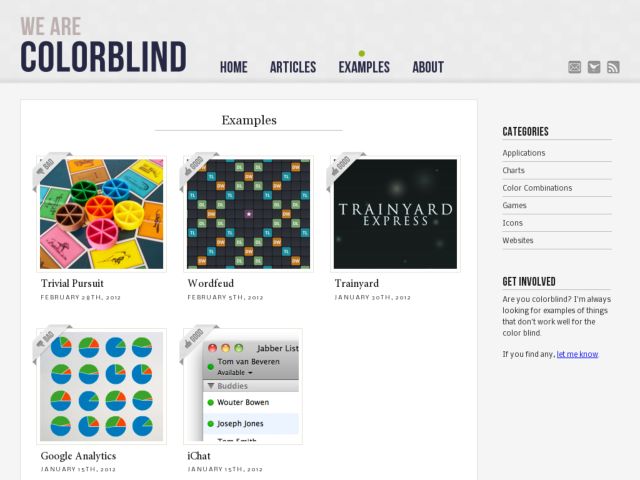I'm certainly no stranger to being opinionated and argumentative. I've put my foot in my mouth a few times by pushing back on others' ideas, and am well aware that being quick to react can be detrimental. The older I get, the more I realize how little I know and how much more time I need to spend thinking after listening, before I open my mouth or start to type to respond.
I admire Jason Fried's recent blog post, "Give it five minutes." In it, he writes candidly about the issue of pushing back on ideas, starting from an exchange he had with Richard Saul Wurman, where the two had given talks at the same event. Wurman approached Fried to congratulate him, and Fried replied by telling Wurman what he disagreed with about his talk. The take away from that exchange was that Wurman taught Fried to stop and think, to give ideas a chance before challenging them with little respect or consideration.
I like this bit of advice from Fried, who turned that lesson into an opportunity to grow personally, and share what he learned from that exchange.
There are two things in this world that take no skill: 1. Spending other people’s money and 2. Dismissing an idea.Dismissing an idea is so easy because it doesn’t involve any work. You can scoff at it. You can ignore it. You can puff some smoke at it. That’s easy. The hard thing to do is protect it, think about it, let it marinate, explore it, riff on it, and try it. The right idea could start out life as the wrong idea.
So next time you hear something, or someone, talk about an idea, pitch an idea, or suggest an idea, give it five minutes. Think about it a little bit before pushing back, before saying it’s too hard or it’s too much work. Those things may be true, but there may be another truth in there too: It may be worth it.
There's a fantastic little Jonathan Ive anecdote in there as well, where Ive explains Steve Jobs' respect for the fragility of ideas, the best of which can start out naive, but lead to beautiful things if they're allowed the time and space to be explored.
While some of the best products can grow out of one's work done in isolation, the ideas need to be shared to grow into products. Stifling others' ideas with immediate push back is not only a quick way to alienate your team, but squashing them too early can really do the most harm to you, by depriving you from seeing what it might become. This is one of those rare reminders that with maturity, hopefully we can learn to become more humble and grow. We just have to be open to the ideas.
http://37signals.com/svn/posts/3124-give-it-five-minutes
